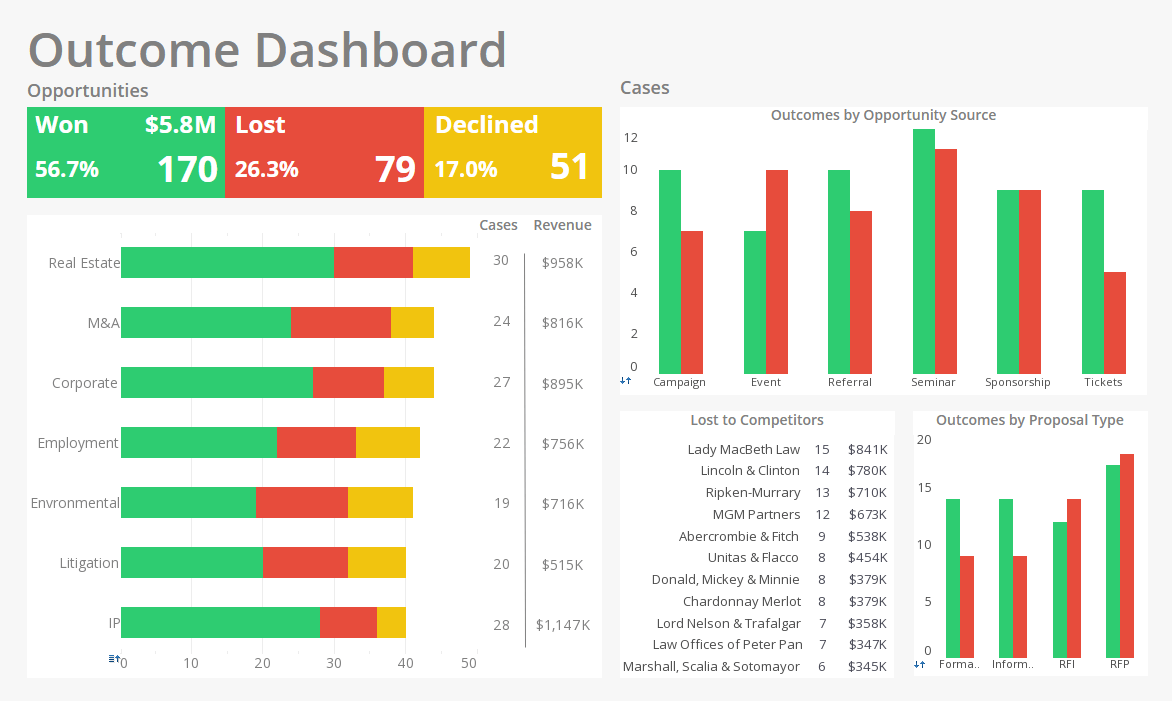InetSoft Webinar: Number Five – Lack of Compensation for Non-Financial Measures
This is the continuation of the transcript on "Top Ten Business Intelligence Mistakes” hosted by InetSoft. The speaker is Christopher Wren, Principal Consultant at TFI Consulting.
Number five, I don't see many companies linking compensation to non-financial measures. A lot of them talk about how important employee engagement is or employee satisfaction, which used to be called engagements, the latest buzz word, next to the gallop people. They talk about customers and how important they are but we’re certainly not going to pay for that but rather will pay for profits, will pay for growth, and will pay for stock price.
So what are you telling people that we don’t really believe these other measures? There’s good reason not to believe these other measures. A lot of them lack integrity. A lot of people can figure out how to cheat on them.
Does anybody know how the car companies cheat on those customer satisfaction surveys? They call up customers right before the survey and say you got a call didn’t you? So did I. If there’s anything that you are not happy with, tell us now and we’ll fix it before you get to survey. So they are manipulating your score so they get a good score and can report that we’re number two or one to J.D. Power.
From that, consumers then all believe that data, even though it’s flawed. They’ll offer you incentives too so that they can say if you give us all five’s on the survey on a photocopy, we’ll detail your car for free.
| #1 Ranking: Read how InetSoft was rated #1 for user adoption in G2's user survey-based index | Read More |
So part of why compensation is not linked to these measures is a lot of the measures lack integrity in the first place, but if they have good integrity, if they measure them, themselves, they can't be cheated on very easily. Things like customer loyalty it's a little harder to cheat on that. Employee loyalty, it’s a little harder to cheat on that. Then I think you should pay for that.
Companies like FedEx have been paying form for a long time. FedEx has this philosophy that you need to take care of the shareholders, employees, and customers. You have to do all three and if you don’t get a good score on all three, you get zero bonuses. It doesn’t matter how much money he made last year. If your employees think you are a lousy boss, you get zero bonuses because a big part of your job is being a good boss.
So that creates this balance as to say yeah, I can cut my staff and I can do this and that while making the financials look really good but then what’s that going to do my morale over here? What’s that going to do to my customers? You think about this balance if your pay is tied to it. If it’s not, you are just going to focus on this one thing.
From working with an electric power company, they had a really good balanced scorecard. I was pretty impressed they had a good leading and lagging measure, customer measure, and even some good measure of diversity and other things you don’t typically see. The thing is though, their executive’s compensation is tied to stock price, growth, and profit. That’s it. So do you think the executives pay much attention to those other things? No. Why bother right? We’re not paid for that so they don’t even pay attention to it. So that’s number five.
| Previous: Failing to Deploy Performance Measurements Beyond Senior Management |


